Alan Kaplan, Chief Executive Officer | U. of Wisconsin Hospital and Clinics
Alan Kaplan, Chief Executive Officer | U. of Wisconsin Hospital and Clinics
The upcoming Carbone annual fall cancer conference will focus on the experiences and needs of cancer caregivers. The event is scheduled for October 24 at Monona Terrace in Madison, Wisconsin, and welcomes healthcare providers, cancer patients, caregivers, and anyone interested in learning more about caregiving. Additional information about the agenda and registration is available at ce.icep.wisc.edu/cancer2025.
Kristin Litzelman, PhD, associate professor of human development and family studies at the UW School of Human Ecology, is one of several expert speakers at the conference. Her research centers on caregiving dynamics within families.
“They can’t keep caring for someone if they’re burning out, or if they’re trying to burn the candle at both ends,” said Litzelman. “If they’re stressed and depressed and having a hard time processing and functioning, they’re not going to be able to give high-quality care.”
Caregivers often spend considerable time and effort supporting their loved ones but may hesitate to seek help for their own mental health challenges. Litzelman noted that caregiver stress can result in higher levels of cortisol, a hormone associated with negative physical effects such as inflammation, immune suppression, slowed metabolism, and increased blood pressure.
“Of course they’re having a hard time, because they’re potentially in one of the hardest times of their lives, but it’s also something that is treatable,” Litzelman said of caregiver mental health concerns. “It’s a little bit tricky because depression and anxiety are really common among cancer caregivers and caregivers may not pursue treatment because there’s so many other things going on. But there are a lot of support resources out there for caregivers and connecting with support can make a big difference long term.”
She suggested that those feeling overwhelmed could reach out to local cancer support organizations or speak with healthcare professionals about available options for support. She also emphasized the importance of practical assistance from friends or relatives—such as providing meals or helping with chores—and recommended offering specific help rather than general offers.
“For every family and caregiver, what’s useful and acceptable for help is going to look different, but just offering something that could be considered useful is really helpful and it takes the burden off of the caregiver to figure out what help they need,” Litzelman said.
Litzelman also highlighted that caregiving experiences vary widely among individuals; while some find fulfillment in these roles despite challenges, others may struggle significantly.
“Yes, there are some caregivers who can say, ‘I’m thriving right now,’ but there’s a lot of caregivers that look at that and say, “You’re asking me to thrive when I’m barely keeping my head above water,’” Litzelman said. “We have to think about it as a wide spectrum, and knowing that wherever people fall on that, it’s normal and they’re in good company.”
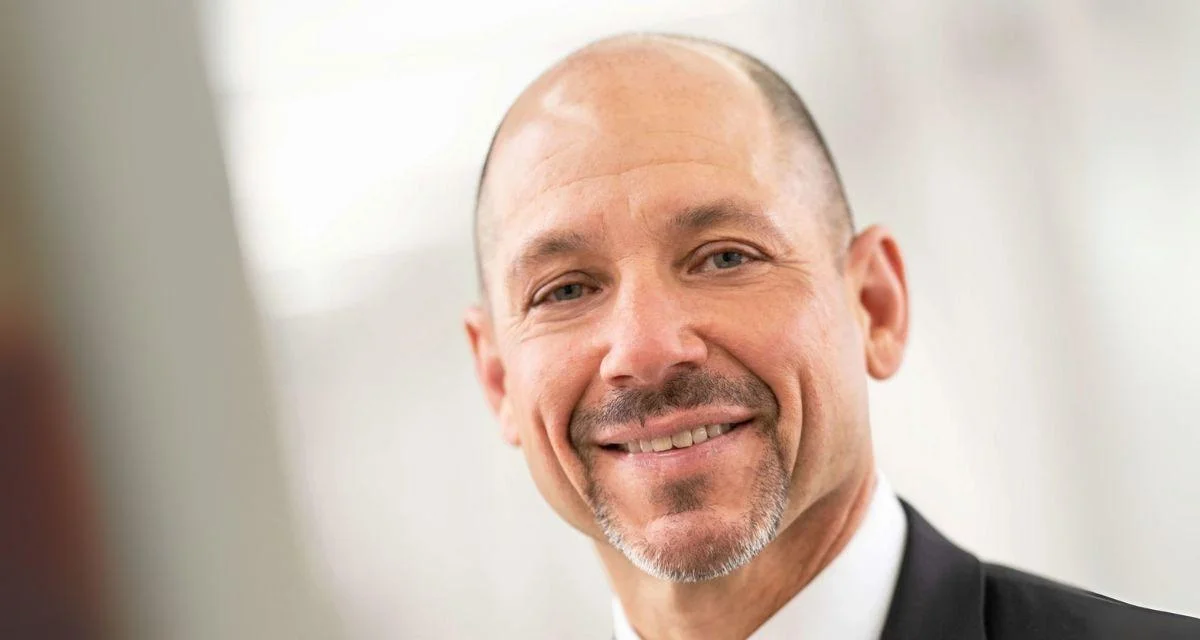
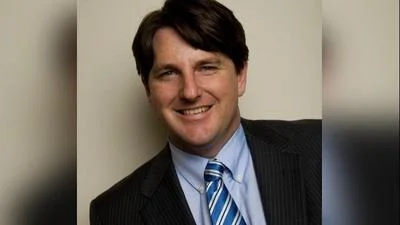
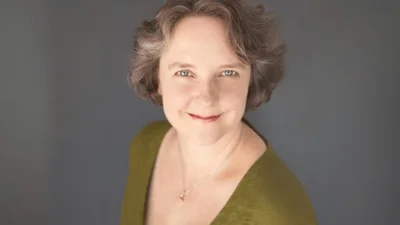
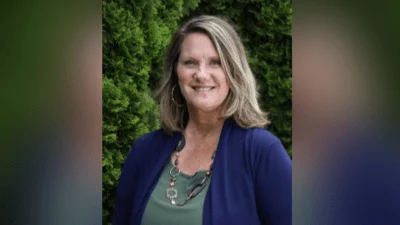
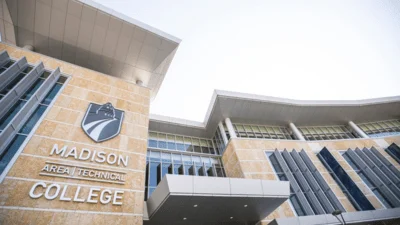
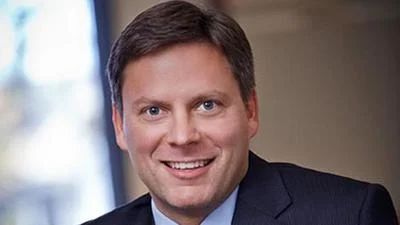
 Alerts Sign-up
Alerts Sign-up